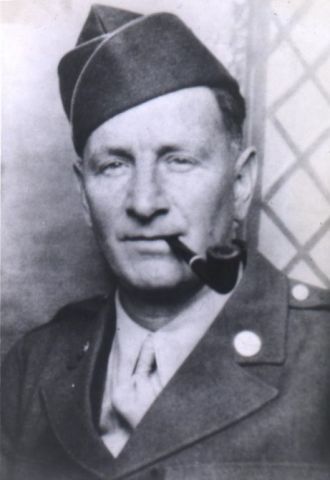

She will have plenty of men and a plenty of materials to provide and equip a formidable navy.” 4 She will then be able to protect herself, both at home and abroad. In 1795, Hamilton described his country as the “embryo of a great empire.” 3 Even before the American Revolution, Hamilton predicted that “in fifty or sixty years, America will be in no need of protection from Great Britain. As chief foreign policy advisor to President Washington, he counseled cooperation with Britain, focused on the common security interests of Britain and the United States, and advocated the development of strong U.S. As Treasury Secretary he generously borrowed British financial practices and encouraged trade with our former colonial masters and wartime antagonist. Hamilton greatly admired the British Empire for its unparalleled financial and commercial power and its preeminent global position. Indeed, Great Britain was his model for shaping U.S. Hamilton’s approach to economic and foreign policy was based on his belief and hope that the United States could emerge as a great empire, rivaling, and someday surpassing, the empire of Great Britain. As the president’s chief foreign policy advisor, he helped Washington steer a careful course of neutrality between our old adversary Great Britain and our old ally France, so that the new nation could survive, grow, and prosper instead of intervening in European conflicts. As Washington’s Treasury Secretary he launched the new nation on the road to financial and commercial growth and expansion. As author of most of the Federalist Papers, he persuaded his countrymen of the need for a strong central government and a powerful chief executive. Theodore Roosevelt called him “the most brilliant American statesman who ever lived, possessing the loftiest and keenest intellect of his time.” 1 He was, wrote biographer Ron Chernow, “at once a thinker and doer, sparkling theoretician and masterful executive.” 2 George Washington found him indispensable as a military aide during the War of Independence and as an advisor during his two terms as president.

Respectively, their visions and ideas provided the intellectual foundations for the 13 original American states to expand into a continental empire in the nineteenth century, and for that continental empire to emerge as a global superpower in the twentieth century.Īlexander Hamilton rose to positions of prominence and influence by sheer force of intellect and remarkable administrative skills. Military Academy at West Point, fought in the American Civil War, wrote brilliant articles and books about naval history and strategy, advised the president of the United States, and rose to the rank of rear admiral in the U.S. The other was born on the grounds of the U.S. One proponent was an illegitimate child born on an island in the Caribbean Sea who came to the American colonies, fought in the War of Independence, wrote insightful and influential articles about the structure of the new United States government, financial institutions, and commercial industries, advised the president of the United States, and rose to the high office of Treasury Secretary. Each phase of empire began with an idea championed by brilliant, articulate, and persuasive proponents. The second phase began around the time of the Spanish-American War in 1898 and continues to this day. The first phase began immediately after the War of Independence and lasted until the late nineteenth century. What some today call the “American Empire” emerged gradually and in two separate phases. In fact, it is as old as the Republic itself. The idea of an American “empire” is not new to the twenty-first century. This essay explores how Hamilton’s ideas guided the nation toward dominance in North America, and how Mahan helped inspire its emergence as a global power in the twentieth century. SempaĪmong the thinkers who have most profoundly influenced American foreign policy, few are as important as Alexander Hamilton and Alfred Thayer Mahan. Alexander Hamilton and Alfred Thayer Mahan by Francis P.


 0 kommentar(er)
0 kommentar(er)
